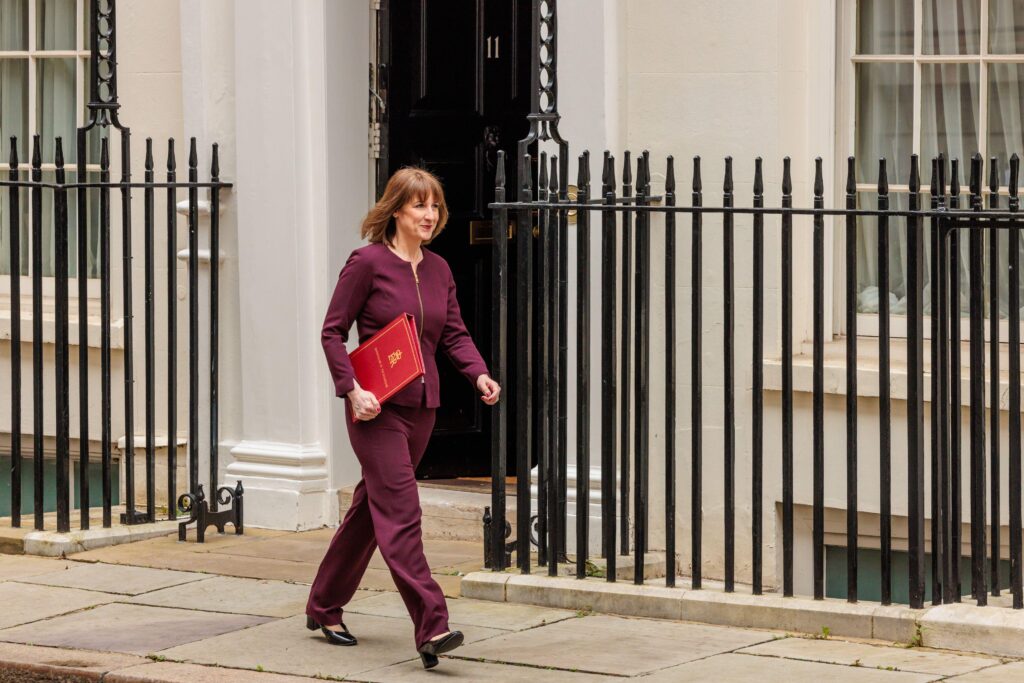
Being in government is hard. You’re dealing with a thousand moving parts, complex trade-offs, and unpredictable events, while fighting a daily battle to communicate your purpose and delivery.
Commentators often talk as if communications comes first and policymaking second, as it sometimes does in opposition. But in government, they have to happen together. And the only way to do that successfully is to start with a clear strategic argument.
Labour’s recent decisions on welfare reform reveal just how difficult this is. For many in the party, these changes feel uncomfortable – morally and politically. They affect some of the most vulnerable people in society, and sit uneasily with the party’s self-image as a champion of fairness. But if the Labour leadership can’t clearly explain why these decisions are being made, and what principles underpin them, the result isn’t just discomfort, it’s political damage. That’s what we saw last week.
A good strategy has a good argument behind it, and good arguments are easier to communicate than bad ones. Take the Prime Minister’s response to shifts in the Ukraine-Russia conflict. The argument came first: the global landscape has fundamentally changed, European countries can’t rely on the U.S. to bankroll their defences, and the UK’s security depends on adapting to that new reality. Once the argument was clear, the strategic spending, policy, and communication choices followed naturally.
The same principle applies across government, just as it does in any organisation or business. The evidence comes first, then the insight, then the argument. Once you’ve got that, the tough decisions become easier to explain. You can turn potential vulnerabilities into front-foot opportunities because you’ve got a position you believe in and can defend with clarity and conviction.
Listening to Rachel Reeves’ media appearances around the Spring Statement, it felt painfully obvious that the strategic argument isn’t strong enough, and the communication of it is even weaker.
Every time an interviewer mischaracterised the winter fuel decision as cruel or unfair, Reeves should have been on the front foot: the British people shouldn’t subsidise the lifestyles of those who don’t need help. Giving the winter fuel allowance to well-off pensioners is wasteful and unaffordable. That money could be spent on the infrastructure that unlocks better lives for everyone. That’s the argument, and if Labour doesn’t make it, someone else will make a worse one.
The same is true of the welfare changes. The number of people on sickness benefits has surged far beyond what demographics alone can explain, and far beyond comparable international trends. Labour needs to say that clearly. We need more people in work. We need support targeted at those who need it. And we need to reverse the expansion of public spending triggered by the pandemic. It’s going to be difficult. It will take cultural change. But it is necessary.
Reeves should have tackled head-on the criticism that welfare reform is somehow anti-Labour. It’s in the name. Two things are true: first, if you are able to, work hard and the state will do what it can to ensure you are rewarded, and if you ever hit a wobble, there will be a safety net to catch you and support you back. Second, if you’re not able to work, the state will support you and treat you with dignity. That is the argument Labour needs to be making.
The legitimacy of the welfare state rests on the principle that you don’t get something for nothing if you’re able to work. When that principle breaks down, political support for the entire system erodes, even for those who genuinely need it. That creates the space for the populist right to exploit.
Last week’s changes were framed as an accounting exercise, a cold calculation, which enabled the Joseph Rowntree Foundation to claim Labour was “balancing the books off the backs of the poorest”. This, despite the Chancellor’s plans to raise money through taxing non-doms, lifting VAT exemptions on private school fees, and increasing corporation tax and National Insurance contributions.
That’s what happens when you don’t make the argument. The media fills the vacuum. Interviewers smell the discomfort. Viewers see it. Editors eviscerate it. The chaos and complexity of governing is making it hard for the Chancellor and other ministers to stay focused on the argument behind each decision. That’s understandable. But the Chancellor might not get many more chances to fix it. If the Autumn Budget isn’t better framed and communicated, it could be Reeves’ final.